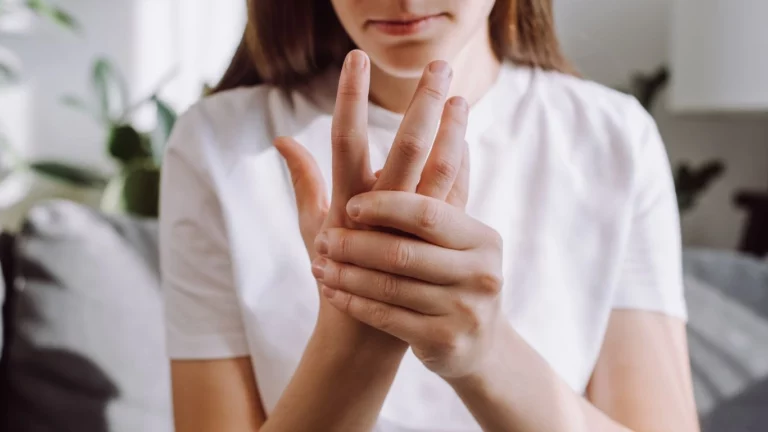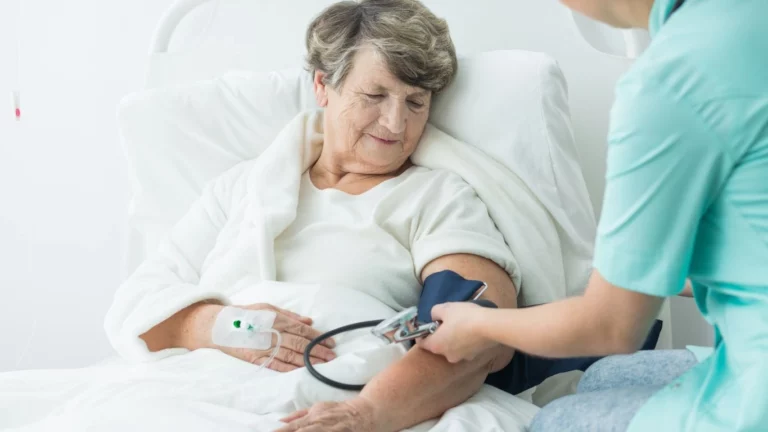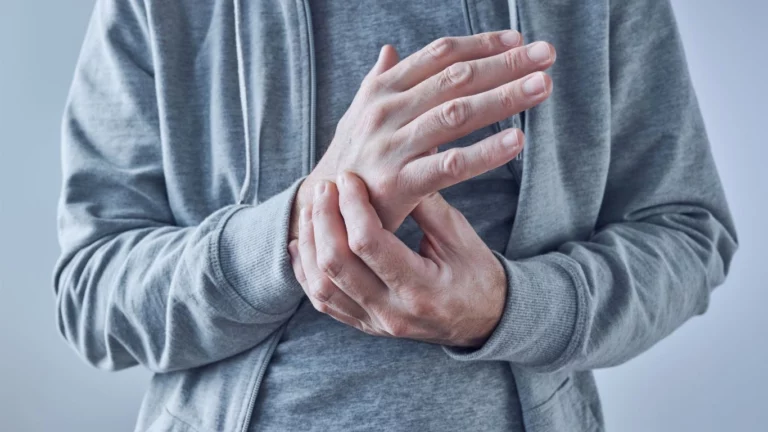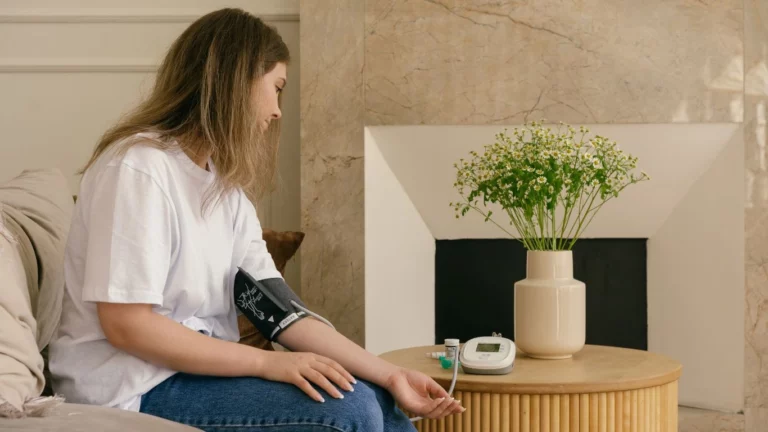Discover How Hot Showers Can Affect Blood Pressure Safely
Can hot showers affect blood pressure? That’s a question I hear more often than you might think—especially from patients who are managing hypertension and looking for simple lifestyle tweaks. And honestly, I get it. We all love a steamy shower after a long day, and I’m no exception. But as someone who’s spent years treating patients with high blood pressure, I can tell you: the relationship between hot water and blood pressure is more interesting than it seems on the surface.
What Happens to Your Body in a Hot Shower?
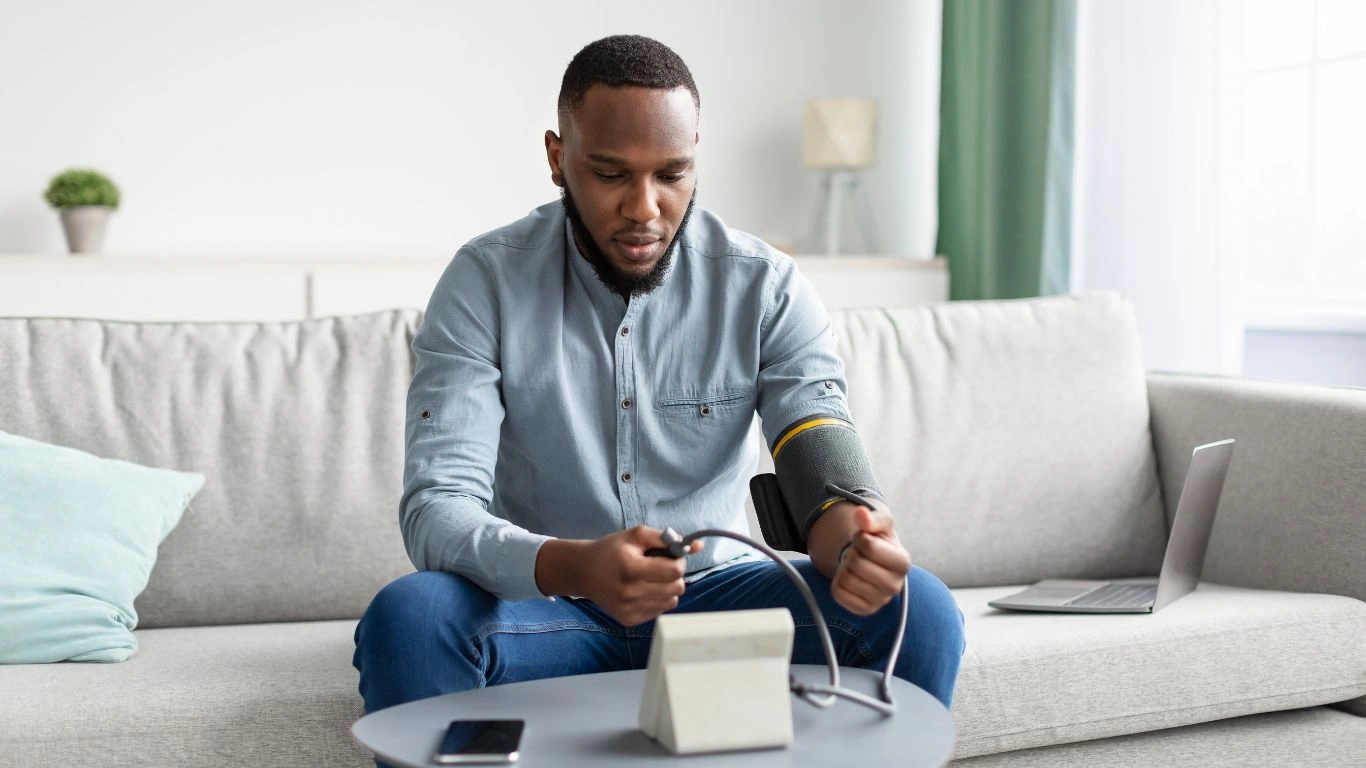
Let’s talk physiology for a second—nothing too heavy, I promise. When you step into a hot shower, your body reacts almost instantly. The heat causes your blood vessels to dilate (that’s vasodilation), which can lead to a temporary drop in blood pressure. That’s because the wider the vessel, the easier it is for blood to flow through. This is exactly the opposite of what we see with vasoconstriction, which raises blood pressure.
So yes, technically, hot showers can lower your blood pressure—at least for a little while. But the keyword here is temporary. Once you cool down and your body returns to its baseline state, your blood pressure typically bounces right back.
My Experience with Patients Asking: Can Hot Showers Affect Blood Pressure?
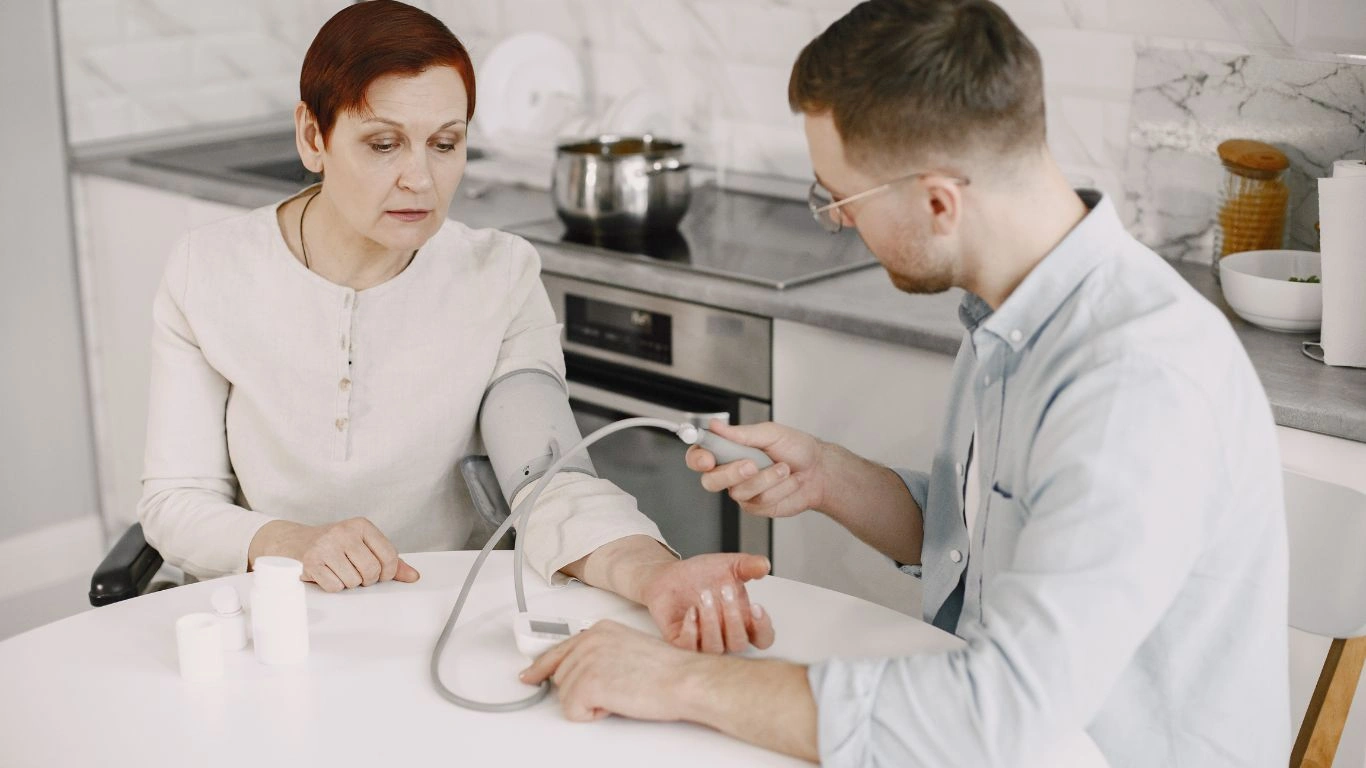
I’ve had many patients over the years tell me they feel relaxed or “lighter” after a hot shower, especially in the evening. And honestly, that makes total sense. Relaxation plays a key role in managing hypertension, and if a hot shower helps someone decompress, I’m all for it—as long as it’s safe for them.
But I’ve also had patients who felt dizzy or lightheaded afterward, especially older adults or those on antihypertensive medications. That temporary drop in pressure, combined with the warmth and standing in one place, can actually increase the risk of fainting or falls. So while there may be some benefits, there are definitely things to watch out for too.
Can Hot Showers Affect Blood Pressure Long-Term?

This is where it gets tricky. A hot shower might feel like it’s helping your blood pressure, but when we’re talking about long-term blood pressure control, the evidence is pretty limited. We don’t have strong clinical trials showing that hot showers alone lead to meaningful or sustained reductions in blood pressure over time.
However, they can be part of a broader lifestyle strategy that includes:
- Regular physical activity
- Limiting sodium intake
- Staying hydrated
- Managing stress with mindfulness or relaxation techniques
- Adhering to prescribed medications
Hot showers might fit into that last category—stress management. If it’s part of a calming evening routine that lowers your cortisol levels and helps you unwind, then yes, indirectly, it might support better blood pressure control. But it’s not a standalone solution.
When Should You Be Cautious?
There are definitely some groups who should approach hot showers with a bit of caution:
- Older adults: They’re more sensitive to heat-related blood pressure drops and the risk of falling.
- People on blood pressure meds: Especially if they’re on vasodilators or diuretics, which can compound the effect.
- Those with autonomic dysfunction: Conditions that impair the body’s ability to regulate blood pressure can make hot showers risky.
If any of these apply to you—or your patients, if you’re reading this as a fellow provider—it’s worth having a quick chat with your doctor before turning that water dial all the way up.
Quick Tip from My Practice:
One thing I often recommend is keeping showers warm—not scalding—and limiting the time to about 10-15 minutes. That tends to be a sweet spot where you get the relaxation benefits without overdoing it. If you start feeling dizzy, sit down and cool off gradually. And always keep a non-slip mat in your shower—seriously, it’s an underrated safety tool!
How Hot is Too Hot? Understanding Shower Temperature and Blood Pressure Risk
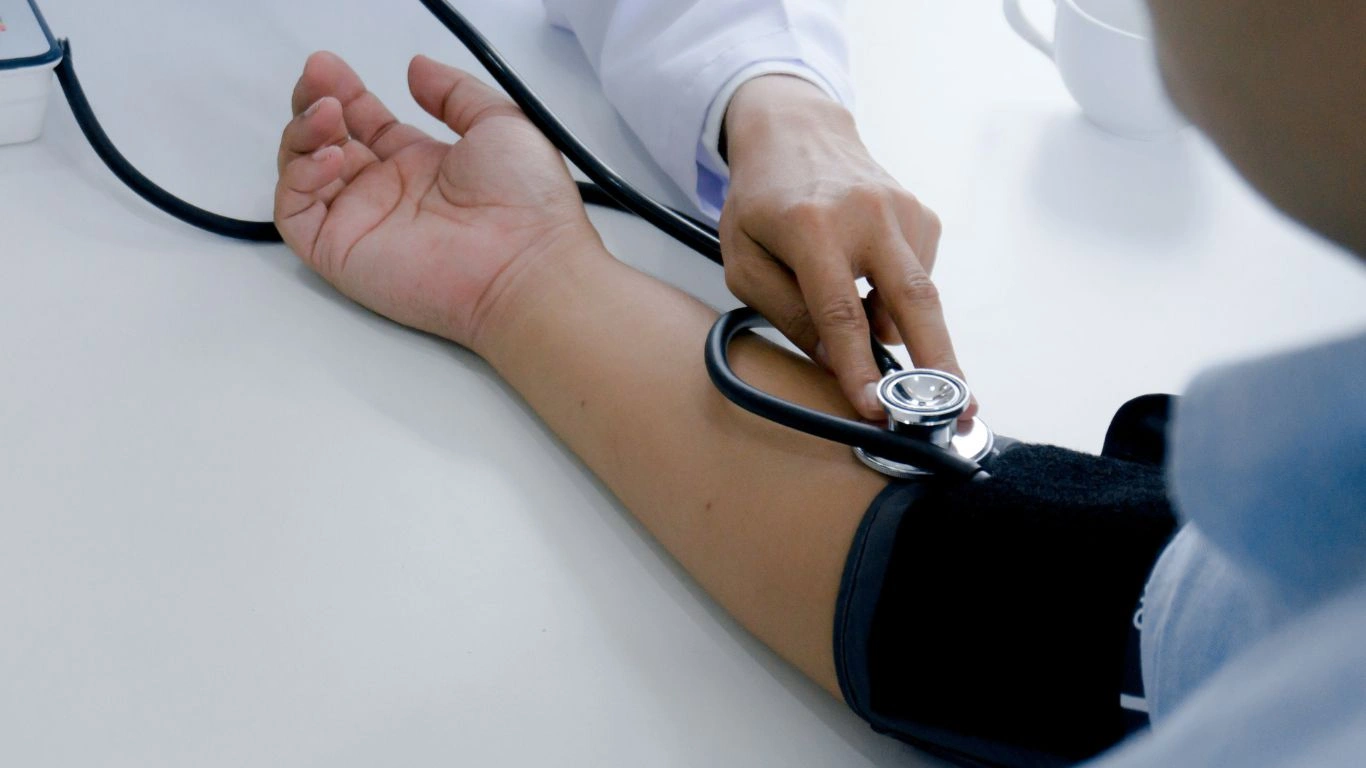
This comes up a lot—how hot is too hot? While we don’t typically measure our shower water with a thermometer (though some folks definitely do), it helps to know that water above 104°F (40°C) starts pushing into risky territory for some people. I’ve had patients tell me they love a “piping hot” shower—until they find themselves feeling woozy a few minutes in. That’s your body waving a red flag.
If your skin is turning lobster red or you feel like you’re in a sauna, it’s probably too hot—especially if you’re on medication for high blood pressure. Your blood vessels may dilate too much, your blood pressure can plummet, and boom—you’re suddenly dizzy, or worse, fainting in the shower. Not the relaxing experience you had in mind, right?
And here’s the thing—this isn’t just theory. I’ve seen it happen. A long-time patient of mine, a lovely woman in her 60s managing hypertension beautifully with lifestyle and meds, had a minor fall in the shower after turning the heat way up. It wasn’t the meds or a flare-up of her condition—it was the combination of a hot, steamy bathroom and an extended soak. Thankfully, she was okay, but it was a wake-up call for her and for others I’ve since counseled.
Other Ways Hot Showers Can Interact with Blood Pressure

Let’s dive a little deeper, because hot showers don’t just mess with blood pressure directly—they influence other systems too, which then affect blood pressure.
1. Dehydration and Fluid Loss
Hot water can cause your body to sweat more than you realize, especially in a humid, enclosed space like a bathroom. This mild fluid loss might not seem like a big deal, but if you’re already a bit dehydrated—or taking diuretics—things can add up quickly. Less circulating fluid means lower blood volume, which can further drop blood pressure and leave you feeling faint.
2. Heat Sensitivity in Certain Medical Conditions
People with conditions like multiple sclerosis, POTS (postural orthostatic tachycardia syndrome), or autonomic nervous system dysfunction often struggle with heat regulation. For them, hot showers can feel exhausting and may exacerbate symptoms. It’s not uncommon for blood pressure to become unstable in these scenarios. I’ve seen this firsthand in clinic, especially among younger adults who didn’t realize their symptoms were tied to their hot shower habits.
3. Post-Shower Hypotension
Ever stepped out of a steamy shower and felt like the floor might tilt beneath you? That’s post-shower hypotension. The shift from warm to cool air can cause a sudden drop in blood pressure as your vessels constrict again. It’s jarring—and potentially dangerous if you’re not steady on your feet. I tell patients: towel off sitting down if you’re prone to feeling lightheaded. Simple, but it works.
Hot Showers vs. Cold Showers: Which is Better for Blood Pressure?
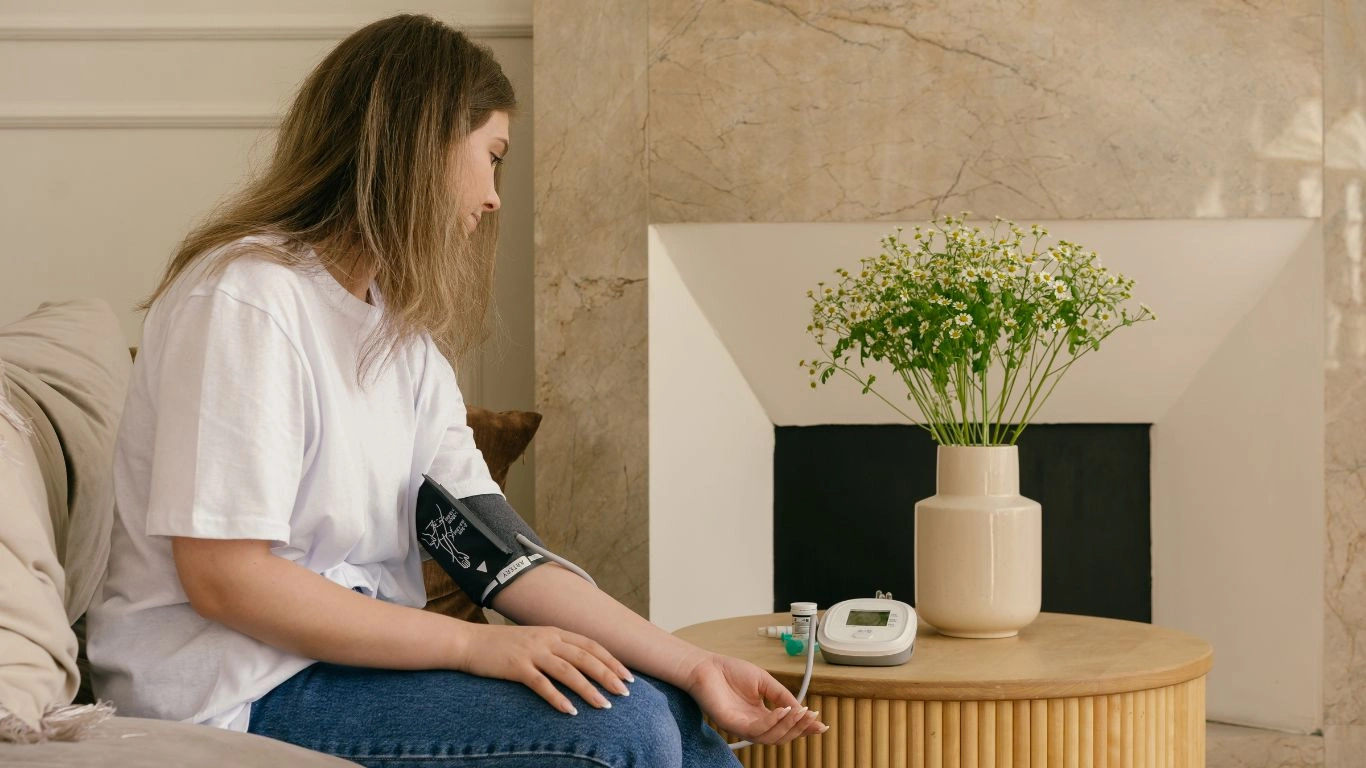
We can’t talk about hot showers without at least mentioning their chillier cousin—the cold shower. And yes, patients ask about this too. Cold exposure, interestingly enough, does the opposite of hot water: it causes vasoconstriction, which can spike blood pressure temporarily. That’s one reason people with uncontrolled hypertension should be careful with ice baths or sudden cold showers. Your cardiovascular system might not appreciate the surprise.
However, when done properly and with guidance, some forms of contrast therapy (alternating hot and cold water) may offer circulatory benefits. But again, it’s not a DIY fix for high blood pressure. As always, context matters—your medications, your health conditions, your age—all play a role.
So Which Is Better?
Honestly? Neither is inherently “better.” It’s about knowing your body and recognizing how temperature changes affect you personally. For most of my patients with hypertension, a warm—not hot—shower is the safest bet. Throw in a little mindfulness or breathing while you’re in there, and it can be a fantastic way to decompress.
Pro Tip from the Clinic:
If you’re trying to maximize the benefits of a shower for your blood pressure, here’s what I often suggest:
- Keep the temperature comfortable—not hot enough to fog up all your mirrors
- Stick to shorter durations, around 10 minutes
- Hydrate before and after if you’re sweating
- Sit down or lean on a wall if you feel dizzy
- Use it as a time to slow your breathing and shift into parasympathetic mode
Yes, a hot shower can affect blood pressure—but how it affects you really depends on the bigger picture. And that’s where your own experience—and maybe a quick chat with your physician—comes in.
Practical Tips for Managing Blood Pressure Around Your Shower Routine

After years working with patients who juggle hypertension and daily life, I’ve realized that managing blood pressure isn’t about drastic changes—it’s about small, smart habits. When it comes to hot showers, a little mindfulness can go a long way.
Here are some practical tips I share often in clinic that you might find helpful:
- Set a comfortable temperature: Aim for warm rather than hot. If you can’t comfortably keep your hand in the water for more than 15 seconds, it’s probably too hot.
- Limit your time: Around 10-15 minutes is ideal. Longer showers can cause dehydration and blood pressure fluctuations.
- Stay hydrated: Especially if you notice sweating during or after your shower, drink a glass of water to keep your blood volume steady.
- Be cautious getting out: Standing up too quickly can trigger dizziness. I suggest moving slowly, and if needed, sit on the edge of the tub or a shower stool before standing.
- Combine with relaxation: Use your shower time as a mental break—deep breaths, focus on the sensation of the water, and let yourself unwind. Stress reduction is a huge factor in blood pressure management.
One quick story: I had a patient in his late 50s who complained about feeling “off” after his nightly hot showers. After walking through these tips, he adjusted his routine and reported fewer dizzy spells and better sleep quality. Sometimes, the smallest tweaks make the biggest difference.
When to Talk to Your Doctor About Hot Showers and Blood Pressure
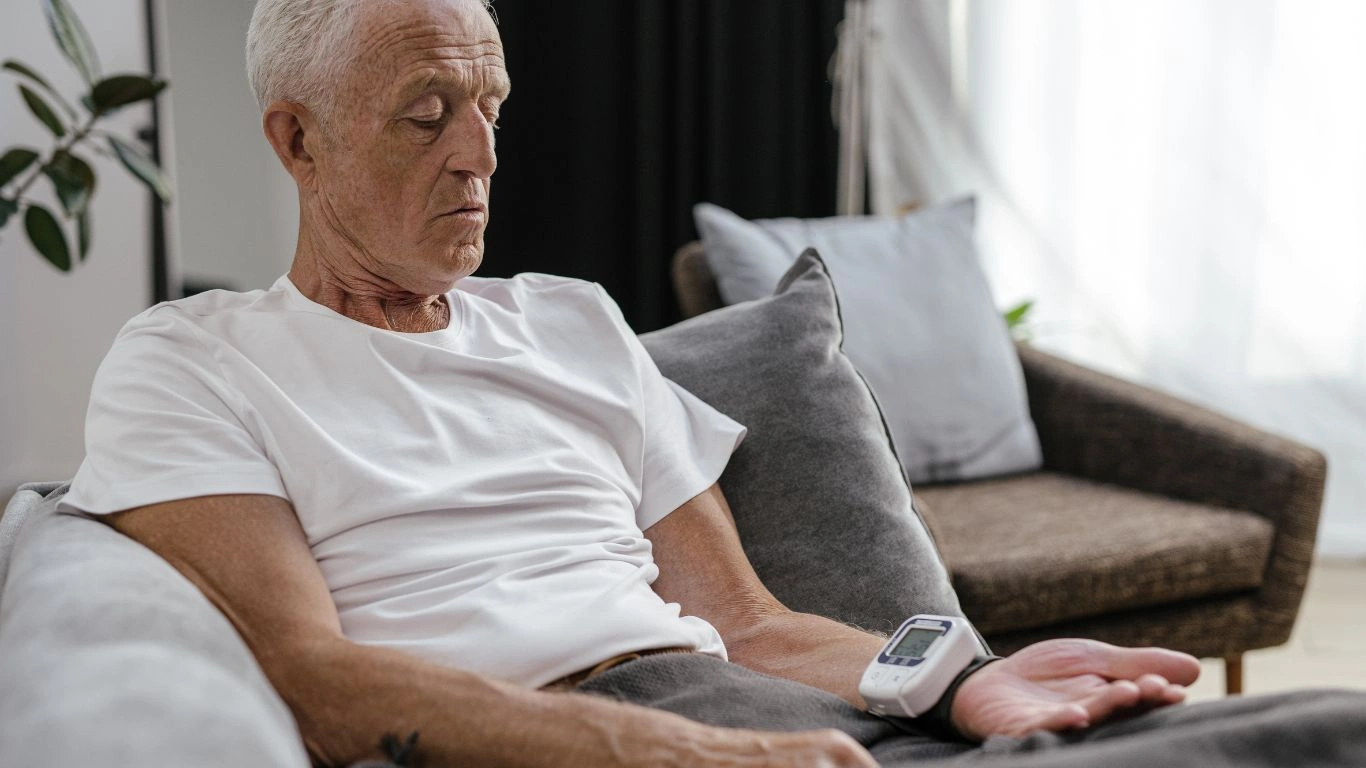
While hot showers can be relaxing and potentially beneficial in certain contexts, it’s important to know when to seek medical advice. If you experience any of the following symptoms related to your shower routine, definitely mention it to your healthcare provider:
- Frequent dizziness or lightheadedness during or immediately after showers
- Fainting or near-fainting episodes in the bathroom
- Rapid heart rate changes or palpitations
- Persistent fatigue or unusual weakness following showers
- Any worsening of your blood pressure readings after showering
In my practice, I often recommend monitoring your blood pressure before and after showers if you notice symptoms. This simple data can give valuable clues about how your body is responding and guide treatment adjustments.
Personal Experience: Tailoring Advice for Individual Needs
Every patient is different. For some, a warm shower helps them calm down after a stressful day, supporting better blood pressure control through relaxation. For others, especially those with certain heart or neurological conditions, even a moderately hot shower can be a risk factor.
This is why a personalized approach matters. I always encourage my patients to listen to their bodies first and discuss any concerns openly. Your doctor’s guidance, combined with your own awareness, is the best way to safely enjoy your showers without compromising your heart health.
Final Thoughts on Can Hot Showers Affect Blood Pressure?
To sum it up without sounding like a broken record: yes, hot showers can affect blood pressure—but usually in a temporary and manageable way. They’re just one piece of the blood pressure puzzle, and when enjoyed responsibly, they can even be part of a healthy lifestyle.
Remember, hot showers aren’t a cure or a treatment, but a potential tool for relaxation and stress relief—which are incredibly important for your heart and overall health.
References
- American Heart Association
- Centers for Disease Control and Prevention
- American Gastroenterological Association
Disclaimer
This article is intended for informational purposes only and does not replace professional medical advice, diagnosis, or treatment. Always consult your healthcare provider before making any changes to your health routine, especially if you have high blood pressure or other chronic health conditions. Individual experiences may vary.

Dr. Gwenna Aazee is a board-certified Internal Medicine Physician with a special focus on hypertension management, chronic disease prevention, and patient education. With years of experience in both clinical practice and medical writing, she’s passionate about turning evidence-based medicine into accessible, actionable advice. Through her work at Healthusias.com, Dr. Aazee empowers readers to take charge of their health with confidence and clarity. Off the clock, she enjoys deep dives into nutrition research, long walks with her rescue pup, and simplifying medical jargon one article at a time.


